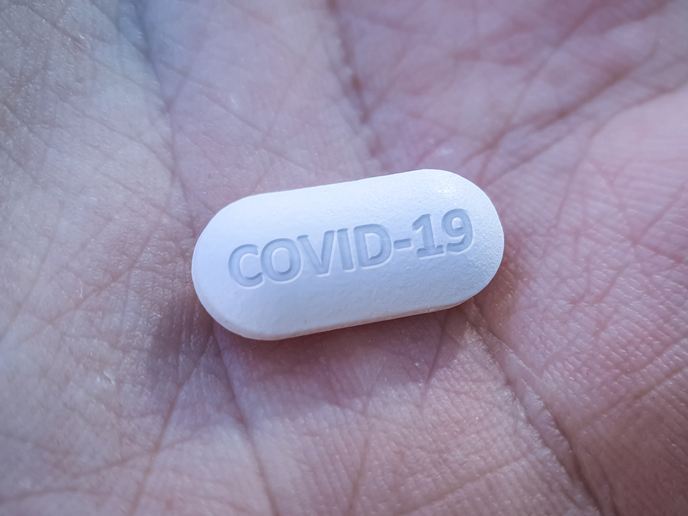Clinical trials for COVID-19 continue across Europe
With over 2 million people infected with COVID-19 as of mid-April, clinical research and trials continue at a rapid pace across Europe. Part of the antimicrobial resistance programme, the EU-funded COMBACTE-NET project is at the forefront of the endeavour to tackle the coronavirus pandemic. It has set up a network of clinical and laboratory sites across Europe that supports global efforts to standardise the information gathered from patients with suspected or confirmed COVID-19. Announced in March by the French National Institute of Health and Medical Research (Inserm), DisCoVery, a European clinical trial, will evaluate four experimental treatments for COVID-19. In addition to COMBACTE-NET, the trial is supported by the EU’s PREPARE and RECoVER projects. As noted in a news item on the Innovative Medicines Initiative (IMI) website, “DisCoVery is a large, international, open randomised trial that features five study arms, including one on standard of care, three different antiviral treatments, and interferon beta 1a.” It states: “The treatments were chosen by analysing data from the scientific literature on SARS and MERS coronaviruses as well as the first publications on SARS-CoV-2 from China. They are remdesivir, lopinavir and ritonavir in combination, the latter being administered with or without interferon beta 1a and hydroxychloroquine.” Quoted in the same news item, Prof. Dr Marc Bonten from COMBACTE-NET project partner University Medical Center Utrecht says: “These are drugs that in the lab in vitro and in animal models have an effect on the virus, but we don’t know whether that effect can also be reproduced in the patient.” The trial will include patients from Belgium, France, Germany, Luxembourg, the Netherlands, Spain, Sweden and the United Kingdom, according to a press release by Inserm. “Allocation of patients to the various treatment modalities will be randomized, i.e. by random draw, but patients and physicians will know which treatment is used (this is called an open trial).”
Adaptive design
In the IMI news item, Prof. Dr Bonten says that “the randomisation can be adapted and the ‘least performing’ drug can be stopped. And the best performing can be, let’s say, preferentially randomised in order to have the best situation for patients.” This approach will enable frequent analysis. “The classical approach is that you would have a fixed randomisation and that will continue until you had enrolled a set number of patients and then the analysis would be done. With an adaptive design, we don’t wait until all 3,200 patients have been enrolled; the analysis is done by an independent committee repeatedly, and based on information that comes forward from these analyses, more patients can be randomised to the more promising treatments.” The recently launched RECoVER (Rapid European SARS-CoV-2 Emergency research Response) project “will address the most urgent questions for patient and public health by conducting medical research to address key knowledge gaps, such as those about best approaches to prevent further spread of the disease and about the virus interactions with the human host,” as explained in a press release. RECoVER originates from PREPARE (Platform foR European Preparedness Against (Re-)emerging Epidemics), another EU-funded project. COMBACTE-NET (Combatting Bacterial Resistance in Europe) focuses on “building strong clinical, laboratory and research networks across Europe that will enable more efficient clinical testing of novel antimicrobial drugs,” as stated on the project website. For more information, please see: COMBACTE-NET project website
Keywords
COMBACTE-NET, PREPARE, RECoVER, COVID-19, coronavirus



